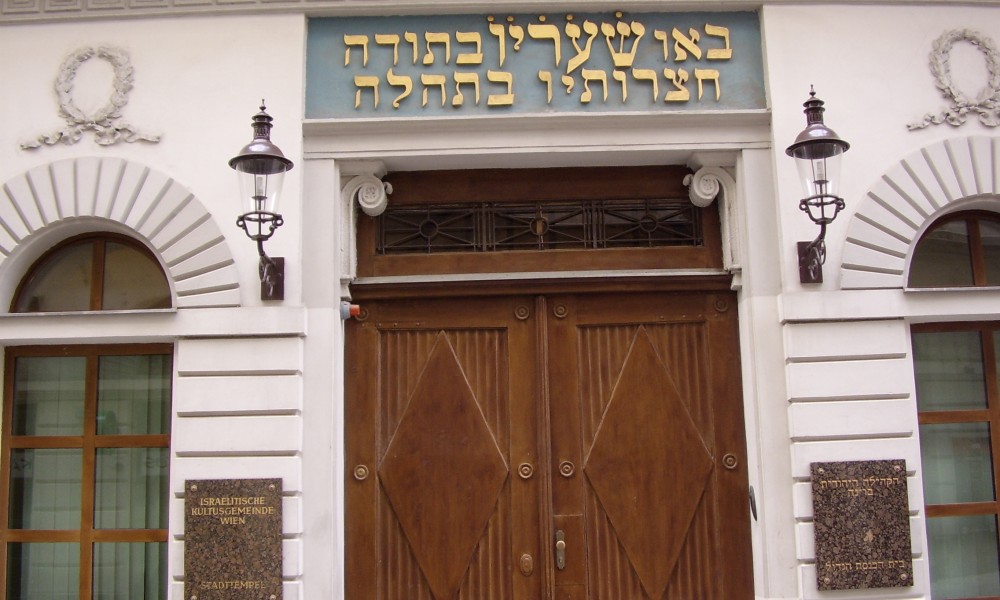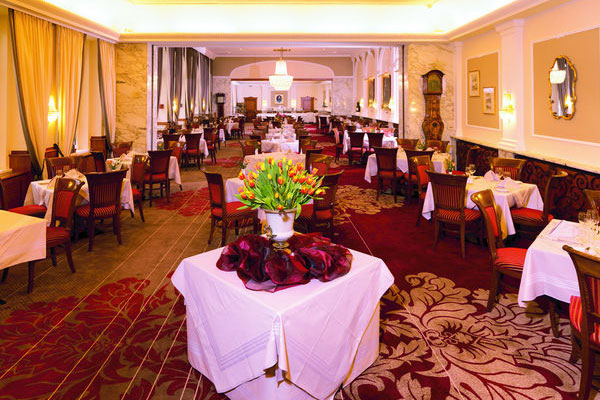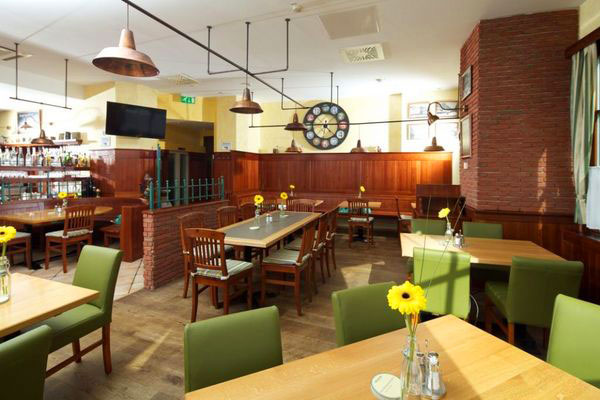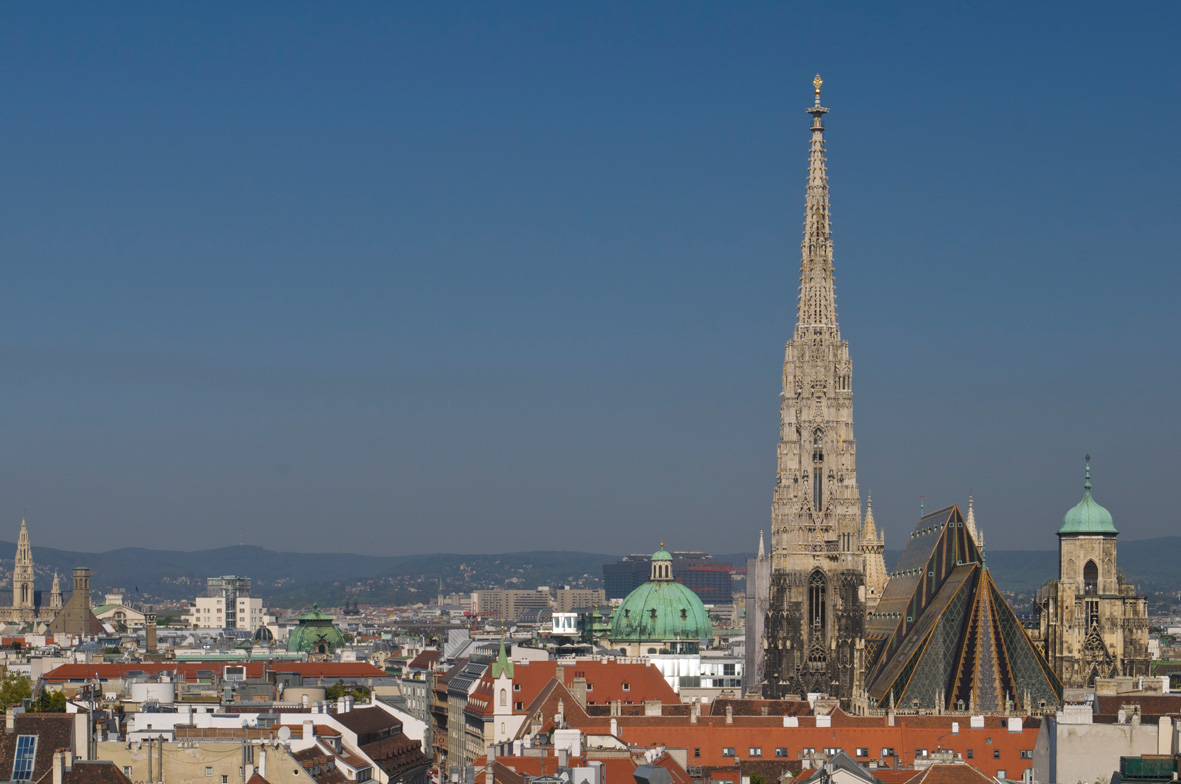The Jewish New Year in Vienna: Rosh Hashana and Yom Kippur

In Judaism, the new year is celebrated roughly three months earlier than in Christianity. I wish to share with you several interesting customs.
Rosh Hashana (lit. “head of the year”) comes either in September or during the first half of October, according to the Gregorian calendar. On this day, the Jewish community assembles in the synagogue in order first to pray and then to celebrate the new year. People wish one another, “Shana Tova,” which means “good year.”
A custom that is practiced in this context is the “tashlikh” custom, in which breadcrumbs are tossed into water to forgive sins—this is how people are cleansed of sins.
In the second custom, apple slices are dipped in honey and eaten. The purpose of this flavorful custom is for the sweet tastes to reflect the days of the new year.
Ten days after Rosh Hashana, Yom Kippur is celebrated. This day is one of the holiest holidays in Judaism. Yom Kippur begins at sunset (of the previous day) and ends after 25 hours at the next sunset. On this day, neither solid nor liquid foods are eaten. Moreover, no one may work or use electrical appliances.
Worthy of mention is also that Yom Kippur is the day of reconciliation. Over the course of the last year, hurting family, friends or colleagues either intentionally or unintentionally can always happen. This is the day that people apologize (regardless of whether they actually insulted or hurt the other person). People say “Slicha” (“I’m sorry”) to each other. It is customary to accept this apology no matter what!
This was a small insight into the Jewish new year and the day of reconciliation.










